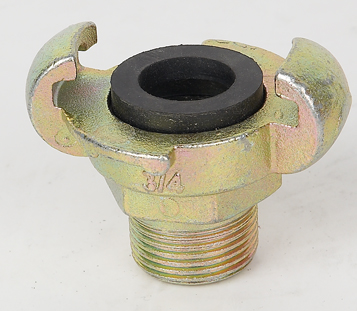Universal Coupling: Flexible Connection for Rotating Shafts
2025-06-27
A universal coupling, also known as a universal joint (U-joint), is a mechanical device that connects two rotating shafts allowing them to transmit torque even when their axes are not perfectly aligned. It provides flexibility in angular misalignment and enables smooth power transmission in varying directions.

How Does It Work?
The universal coupling typically consists of a pair of hinges connected by a cross-shaped intermediate member, allowing the connected shafts to bend relative to each other while rotating. This flexibility accommodates changes in shaft angles due to movement or design.
Types of Universal Couplings
Cardan Joint: The most common type, featuring a cross-shaped central piece with needle bearings.
Double Universal Joint: Two U-joints combined to reduce velocity fluctuations.
Constant Velocity (CV) Joint: A specialized joint that provides uniform rotational speed even at varying angles.
Common Applications
Automotive drive shafts and steering columns
Industrial machinery and conveyors
Agricultural equipment
Marine propulsion systems
Robotics and automation
Advantages of Universal Couplings
Compensate for shaft misalignment
Transmit torque efficiently
Simple design and easy maintenance
Absorb shocks and vibrations
Enable complex mechanical linkages in compact spaces
Conclusion
Universal couplings are essential components in mechanical systems requiring flexible, reliable power transmission between shafts with angular misalignment. Their versatility and robustness make them indispensable in automotive, industrial, and many other applications.


